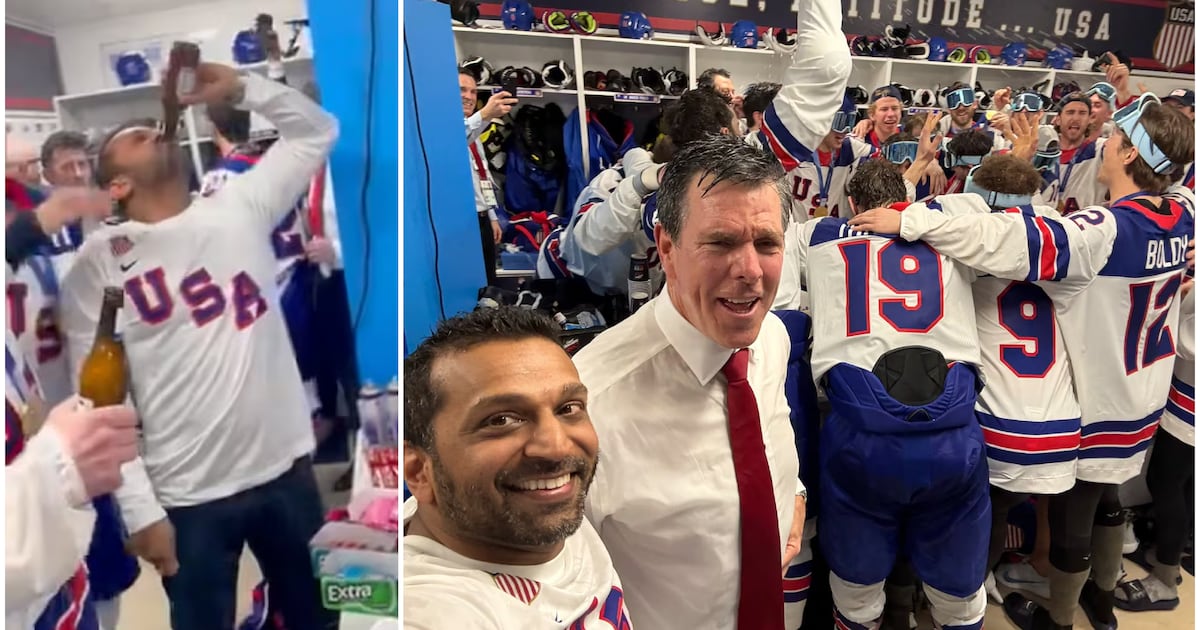
The very first time I tried to sell a memoir I was told by each editor that, while they were compelled by the story itself, they thought more time needed to pass before I could look at the events I was writing about objectively. I was devastated; it felt like the only way any of my life experiences so far would amount to anything besides pain was to share them with others, so people could learn from my mistakes.
Many years later, it felt like retribution when one of those same editors fought to buy my second book, Pill Head: The Secret Life of a Painkiller Addict. He didn't remember me from my last proposal, but his enthusiasm for Pill Head validated the younger me. I was able to look back and comfort my mid-20s self with the promise that some day, that editor who had once turned me down would try to buy a book from me in the end.
I invited a guy I’d met in rehab to move in with me, thinking that having him there would help keep me clean. Horrible, horrible mistake.
But once I sold my proposal and sat down to write, the words of those editors years before came true. It was insanely difficult to write about addiction, especially the good parts of how painkillers made me feel, without wanting to start taking them again. Nowhere near enough time had passed since I'd decided to get clean, and I couldn't write about them objectively. Four days after my proposal sold, Jane, the magazine I'd worked at for years, folded and I was out of a day job that I had loved, one that had become a huge part of my identity as a writer. The combined stress was too much and I ran straight into the waiting arms of my round little friends.

That relapse was thankfully brief, and I got my act together mainly out of fear that I would let my publisher down. After I turned in my first draft, I caved in once again out of fear and exhaustion. I poured so much into the book and I was a nervous wreck while waiting to hear what my editor thought. I relapsed once more, this time much harder than before—hard enough for my friends to finally intervene strongly enough for me to take note and listen. I tried unsuccessfully to kick the pills myself and went through my worst bout of withdrawal ever. I knew I needed rehab, even though I hated the idea. I made my agent promise to keep it a secret from my editor because I was terrified that they might decide to not publish my book if they knew I was still using, since I was supposed to go out into the world and talk to people about the dangers of abusing painkillers. I'd made it clear to them from the beginning that I didn't want to write a typical "happy ending" addiction memoir, because I'd always felt that they set up unrealistic expectations for addicts. I wanted to tell what I believed was the truth back then—that I would always want to use pills, even if I wasn't actually taking them. In retrospect it was a naïve take on the matter. I was telling myself that because I think I knew somewhere deep in my head I wasn't totally done with pills yet, and I wanted to give myself an out.
My agent finally caved and told my editor that I was in rehab after she had unsuccessfully tried to reach me a few times. I only found out after getting kicked out of rehab a day early, due to lack of insurance money. The shock of getting pulled out of group therapy and being told to pack my bags and leave was like waking up from a five-year coma—the world outside was different and scary and new. I ended up inviting a guy I'd met in rehab to move in with me, thinking that having him there would help keep me clean.
Horrible, horrible mistake.
The guy showed up with a giant bottle of OxyContin that he had stolen from his mother and I slipped right back into a fugue state.
Over the next two weeks my houseguest tumbled deeper and deeper into a behavioral disorder that involved hysterical crying bouts, confusion about what time and day it was, and passing out for hours at a time. I finally kicked him out, weaned myself off the last of the pills he'd bought, and got to work on the edits from the first draft of Pill Head. Since our original publication date had already been moved forward, my editor asked me to incorporate some details from my rehab stay into the book. The ending is now very different from what I had originally planned. It's been just over a year since I got out of rehab, and I'm clean and able to talk about my experiences with painkiller abuse without wanting to use again.
I should have paid attention to the advice I got from those editors who rejected me so long ago and applied it to Pill Head—I was too close to my own story while writing it. Maybe if I'd let some time go by I would've been able to stay clean and write. On the other hand, I think it gives Pill Head a sense of immediacy that hasn't been seen in many drug-abuse books before. In a way this book is more for people who are still using themselves, and hopefully they will be able to relate without feeling preached to.
I'm thinking of trying to re-pitch my first book. I know I can look at the events it details with a different perspective now—mainly that I'm horrified by my behavior during that period of my life. I'm pretty sure enough time has passed to write it without having another breakdown, and I'm convinced it will be better for it.
Plus: Check out Book Beast, for more news on hot titles and authors and excerpts from the latest books.
Joshua Lyon is the author of Pill Head: The Secret Life of a Painkiller Addict (Hyperion). He has worked at Interview, Conde Nast Traveler, V Life, and Jane. Additional writing has appeared in Nylon, New York, and Vice.






